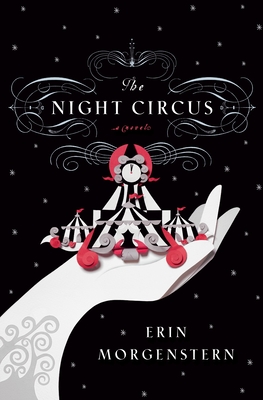13 Books Read in March: (36 year-to-date)
5 for challenges or fun:
- Martin Dressler, Steven Millhauser (4)
- The Sense of An Ending, Julian Barnes (3.5)
- The Fault in Our Stars, John Green (4)
- So Big, Edna Ferber (4)
- An Irish Country Doctor, Patrick Taylor (3.5)
2 for Book Club:
- Never Let Me Go, Kazuo Ishiguro (4)
- Cutting For Stone, Abraham Verghese (5)
1 ARC:
- Mr. Churchill's Secretary, Susan Ella MacNeal. (ARC from LibraryThing) (2.75)
5 Read-Alouds for my kiddos:
- Pedro's Journal, Pam Conrad (3)
- Fairest, Gail Carson Levine (3)
- Pocahontas and the Strangers, Clyde Robert Bulla (3)
- A Lion to Guard Us, Clyde Robert Bulla (3.5)
- Eating the Plates, Lucille Recht Penner (4)
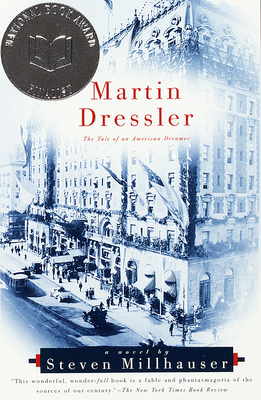
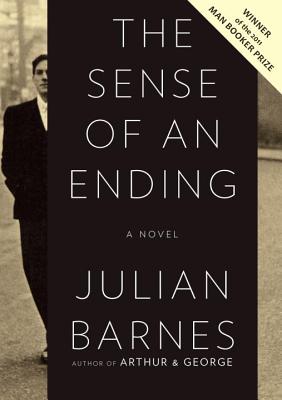
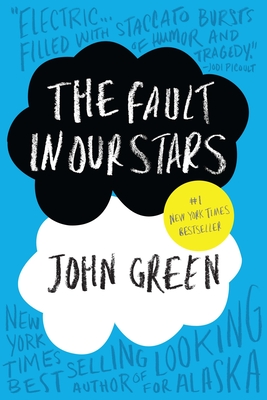
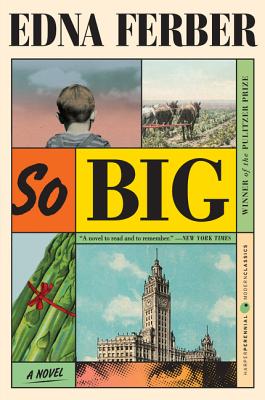
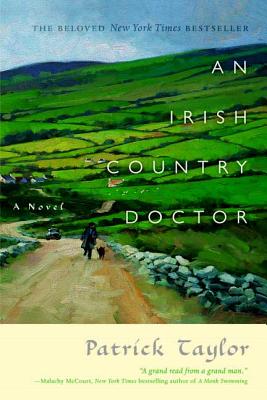
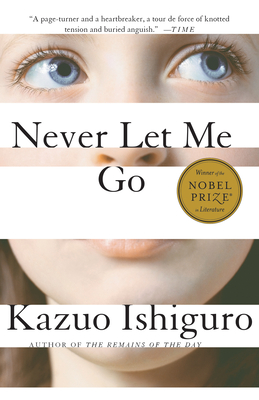
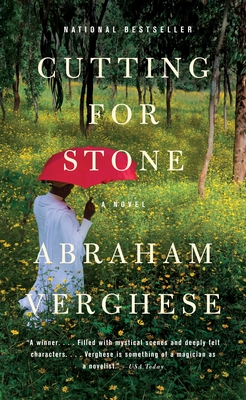
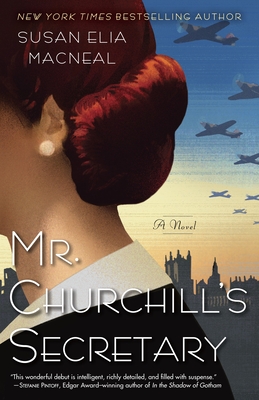
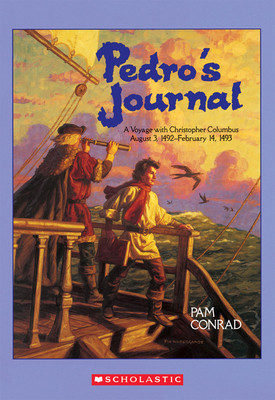
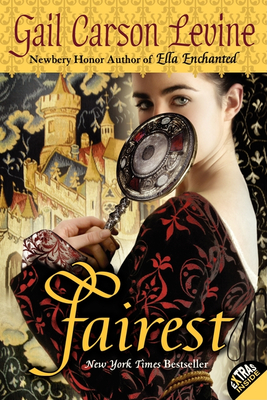
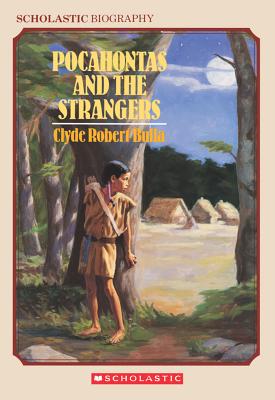
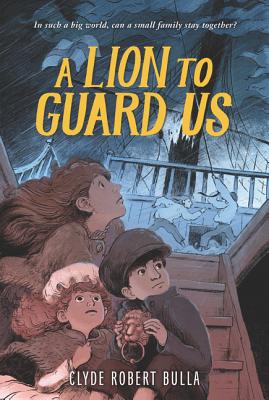
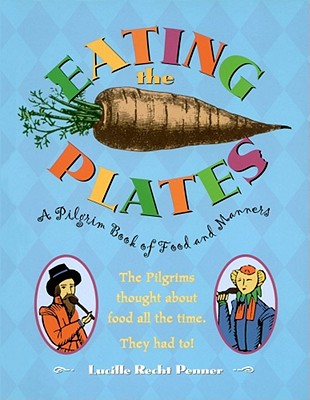
1 DNF: The Odd Clauses, Jay Wexler (ARC from LibraryThing)
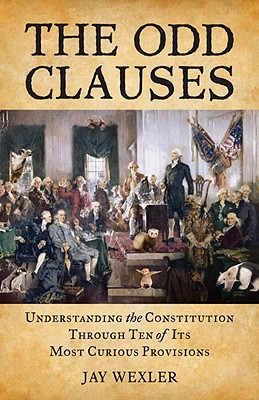 This book has many things going for it. For a book about the Constitution, it is remarkably readable and easy to understand, with even a bit humor mixed in (though it wasn't the Bryson-esque collection of oddities and factoids I was hoping to find.) Rather than being about odd clauses and curious provisions, it was about the odd conundrums that result from some relatively well-known clauses. Still interesting, but certainly no Bryson.
This book has many things going for it. For a book about the Constitution, it is remarkably readable and easy to understand, with even a bit humor mixed in (though it wasn't the Bryson-esque collection of oddities and factoids I was hoping to find.) Rather than being about odd clauses and curious provisions, it was about the odd conundrums that result from some relatively well-known clauses. Still interesting, but certainly no Bryson.[warning: rant ahead, proceed with caution]
I ended up discontinuing it half-way through because it suffered from an unfortunate case of extreme bias. Bias in politics is unavoidable, in my opinion, so that in itself wasn't surprising or unexpected. However, when his opinions began taking the form of immature insults and derision, calling half the population "nauseating" and "silly", he lost his credibility with me. I don't always identify with the stance of the Republicans/Conservatives/Irrational Extremists (all the same group of people apparently) that he rails against, so this isn't a matter of taking his insults personally. I simply don't have patience for insults, arrogance, or lack of consideration. Those are things that I admit I'm touchy about. I can't find anything tolerable in belittling others. If you are able to look past a bit of bullying, you might enjoy the look at the Constitution that this book has to offer, and indeed find that I've overreacted. I'm fine with that. [/rant]
Challenges:
This month I read 3 books of 51 (13 year-to-date) for my various year-long challenges:
- Pulitzer: Martin Dressler and So Big (3 more to go)
- Wishlist: The Sense of An Ending (9 more to go)
2 Current Reads:
- Watership Down, Richard Adams. This was one of those books that I always assumed I'd read, but am thinking that perhaps I never did. Maybe I was just pretending and didn't know it. Am correcting that problem now, thanks to Audible.com.
- The Hand That First Held Mine, Maggie O'Farrell. Haven't actually cracked this one open, but it's next in line...not counting the Junior Fiction that I'll be focusing on now that it's April.
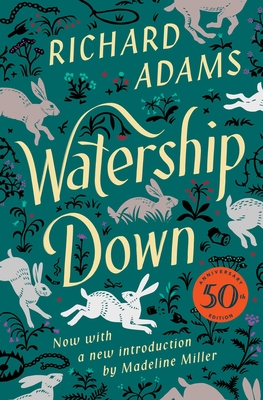
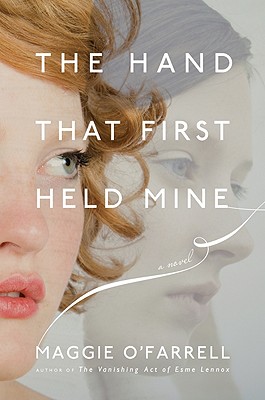
On My Nightstand:
- Heat Lightning, Helen Hull (still)
- The Lola Quartet, Emily St. John Mandel (ARC from LibraryThing/Unbridled Books)
- Lots of Junior Fiction: I'm going to try to read the 15 books on my challenge page during April. If I need a break from them, I'll be reaching for one of the above books listed.


